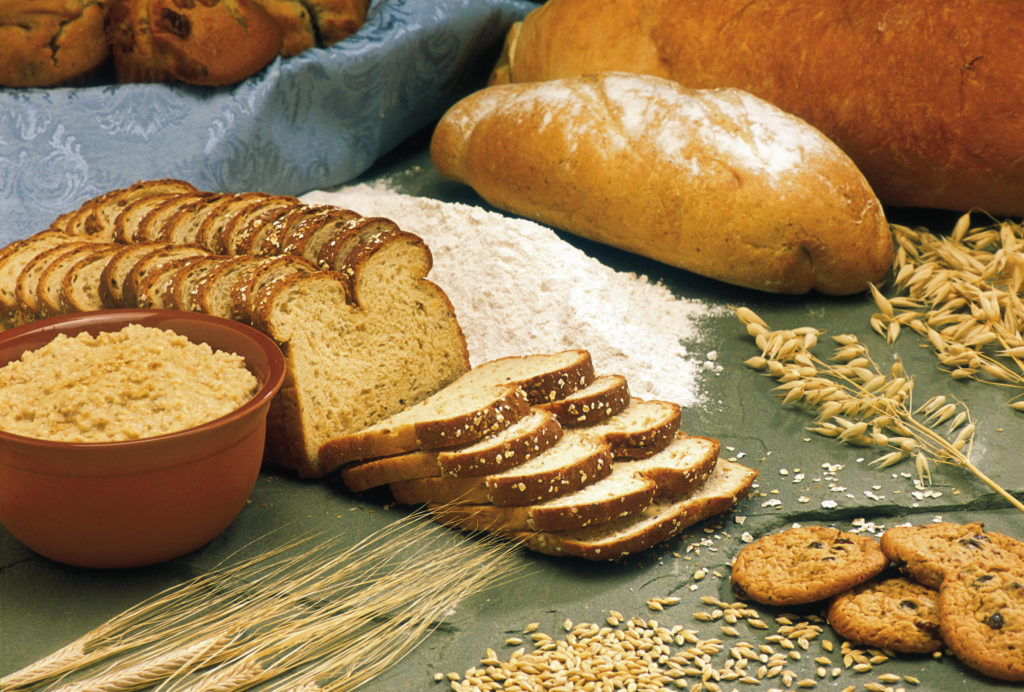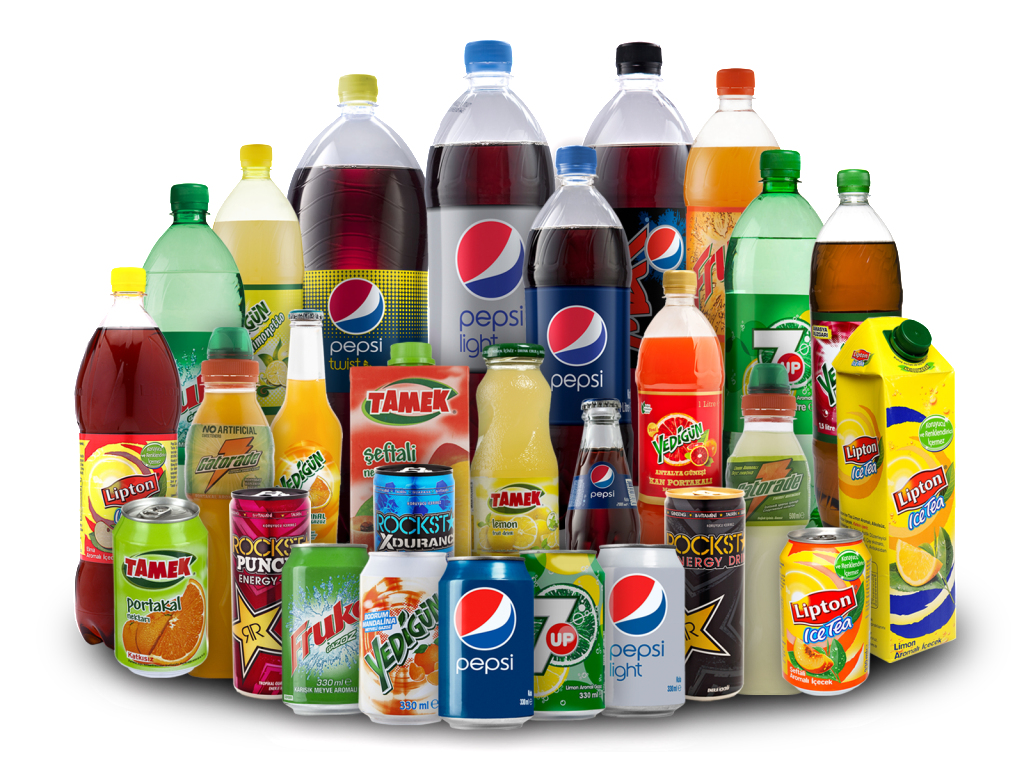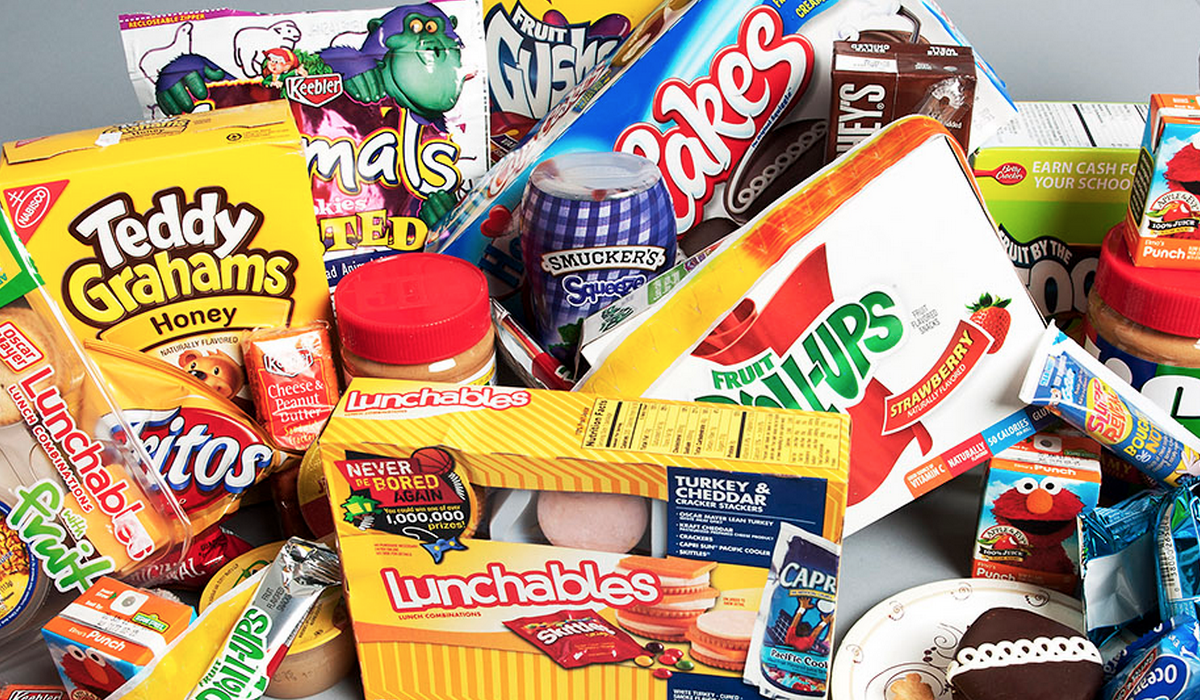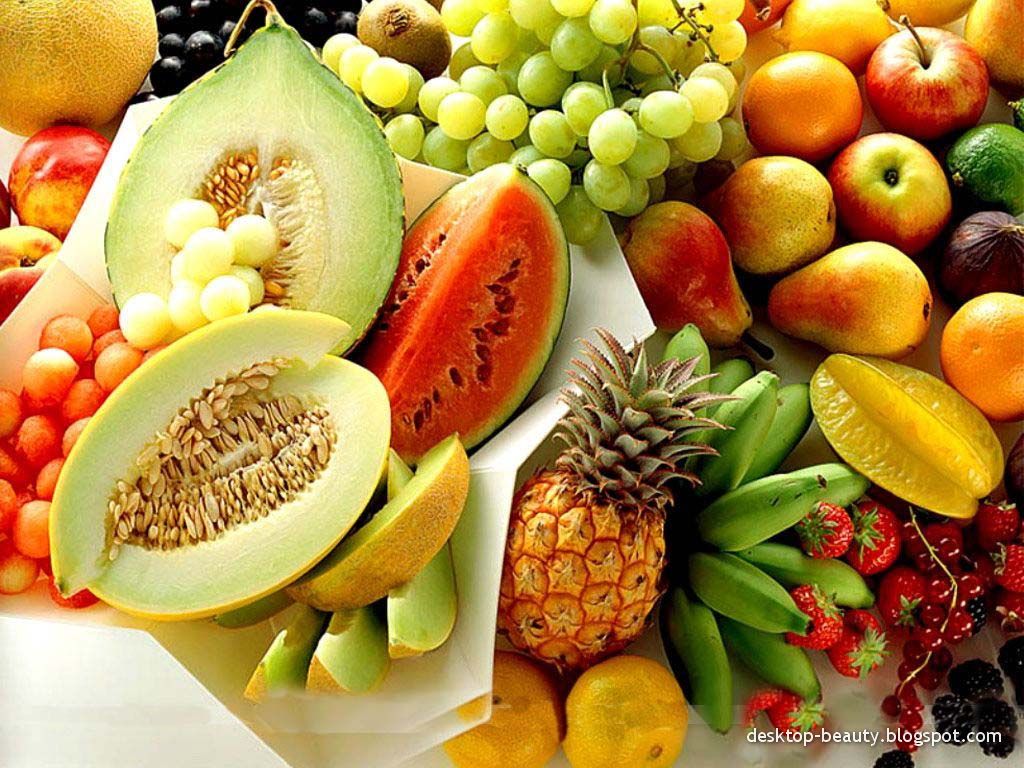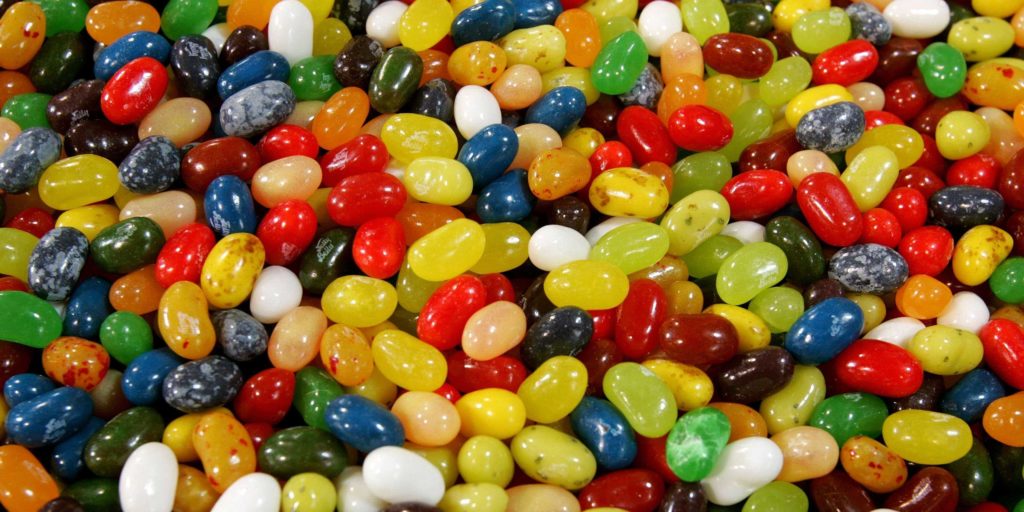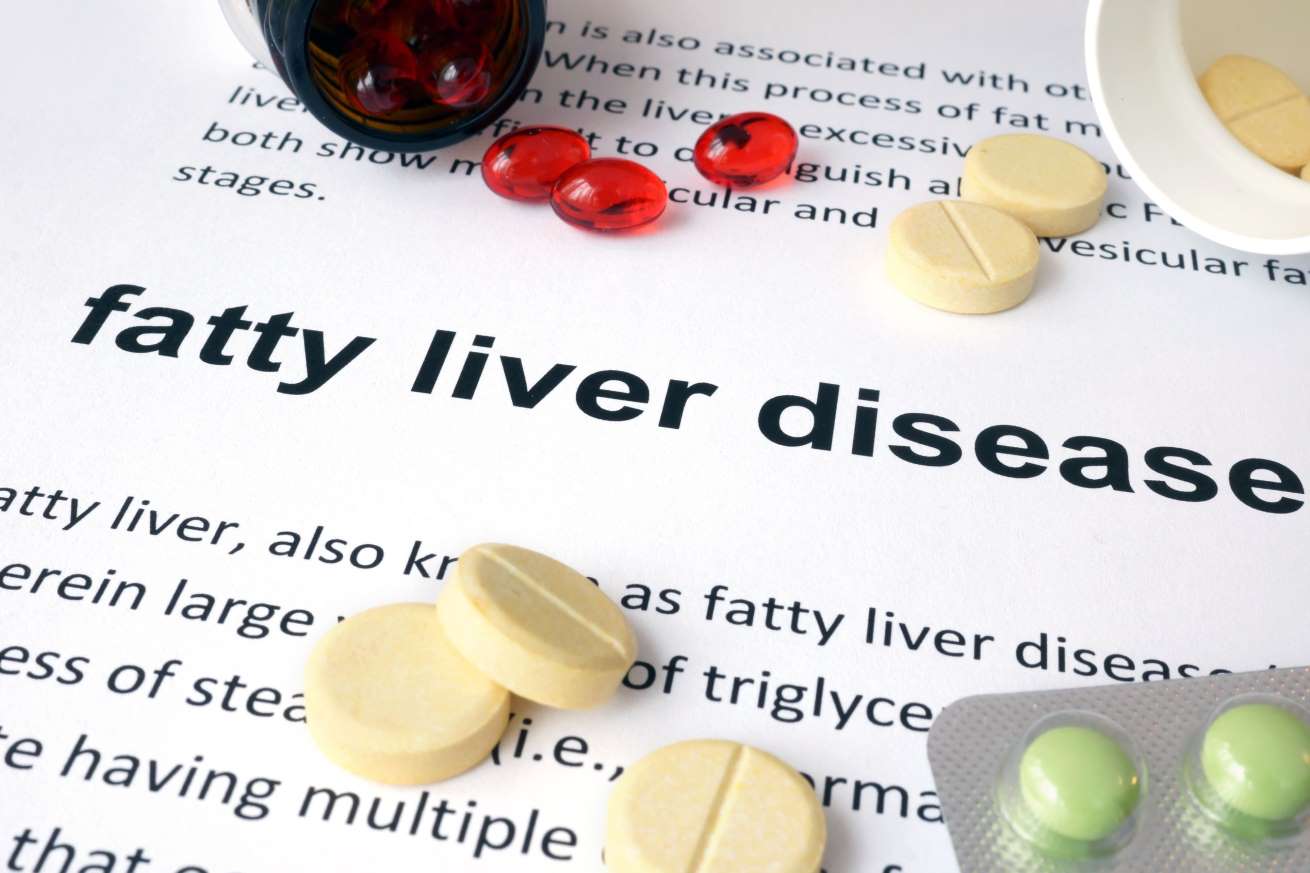Calcium is the most abundant mineral in your body and makes up approximately 2 percent of your total body weight. It is a mineral needed by the body which plays an important role in keeping our bones and teeth healthy. It also performs other numerous functions such as blood clotting, the transmission of nerve impulses, and the regulation of the heart’s rhythm. And because your body needs calcium to build and maintain strong bones, it uses 99 percent of its calcium to keep your bones and teeth strong, thereby supporting skeletal structure and function. The remaining 1 percent is found in the blood and other tissues and used by the cells to activate certain enzymes, transport ions across the cellular membrane, and send and receive neurotransmitters during communication with other cells. Calcium can also affect how your body absorbs and uses other nutrients such as iron, zinc, and magnesium.

Your body needs vitamin D to absorb calcium. You can get vitamin D from egg yolks, fortified foods, and sun exposure. Some studies also suggest that calcium, along with vitamin D, may protect you against cancer, diabetes, and high blood pressure. But there is no conclusive evidence yet to support such claim.
Generally, how much calcium you need depends on your age and sex. But the recommended daily intake (RDI) of calcium for most adults is 1,000 milligrams. And because your body does not produce calcium, you must get it through other sources. Calcium can be found in a variety of foods. Here are some of the best calcium-rich food:
Dairy Products
The main foods rich in calcium are dairy products like milk, cheese, and yogurt.
Milk

Milk is one of the best calcium-rich food. Packed with all kind of essential nutrients, milk is one of the most nutrient-rich products available. It is also a good source of lactose, protein, and vitamins A and D.
Cheese

Cheese is a dairy product derived from milk that is produced in a wide range of flavors, textures, and forms by coagulation of the milk protein casein. It is a delicious and nutritious food which contains a number of nutrients like calcium, protein, phosphorus, zinc, vitamin A, and vitamin B12. Cheese can be added to other dishes or can be eaten by itself.
Yogurt

Yogurt is produced by bacterial fermentation of milk. It does not only contain healthy amounts of ”good” bacteria for the digestive tract, it is also very nutritious and is an excellent source of calcium, protein, and potassium. In addition, it also provides numerous vitamins and minerals and is relatively low in calories.
Many non-dairy sources also contain sufficient amount of calcium. These are the following:
Sardines and Canned Salmon

Sardines and canned salmon are rich sources of calcium and vitamins E, B-12 and D. They are loaded with calcium because of their edible bones. In fact, they deliver more calcium per serving than virtually any other food. They also provide high-quality protein and omega-3 fatty acids, which are good for your heart, brain, and skin.
Green Leafy Vegetables

Many plant-based foods are rich in calcium. Among them are green leafy vegetables such as broccoli, spinach, collards, kale, lettuces, and turnip greens. These green leafy vegetables are well-known for their high calcium content. Their calcium content is almost similar to the calcium found in milk and dairy products.
Calcium-fortified Foods and Beverages
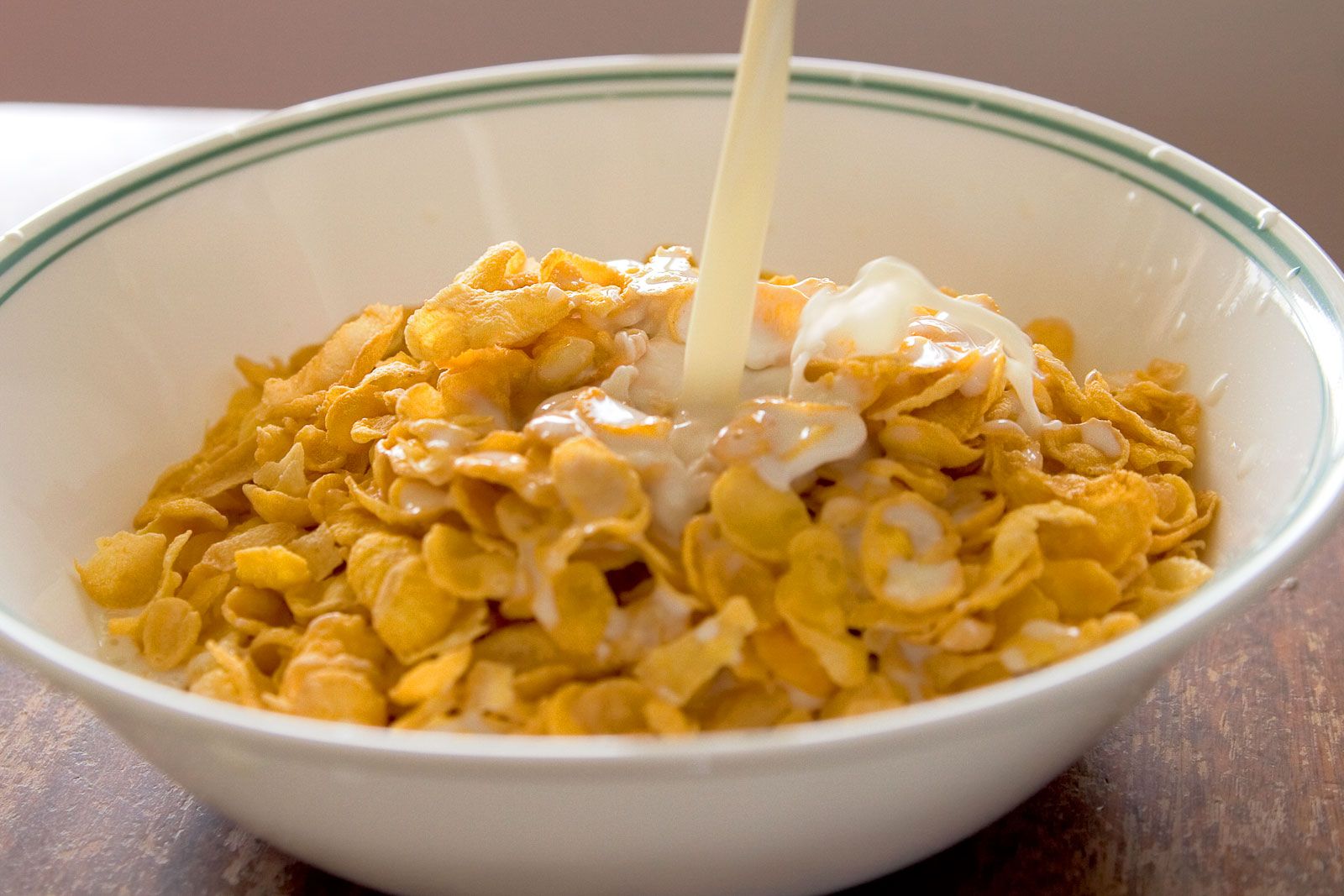
Calcium-fortified foods and beverages, such as cereals, soy foods, fruit juices, and milk substitutes are also some of the best calcium-rich food. To “fortify” a product means to add a missing nutrient or supplement a nutrient present in an insignificant amount. A “calcium-fortified” food must have at least 10 percent of the daily value of calcium added. These foods are more likely considered supplements than natural sources of calcium. Although natural sources of calcium are preferred, calcium-fortified foods are also good options for people who do not like or cannot tolerate dairy products.
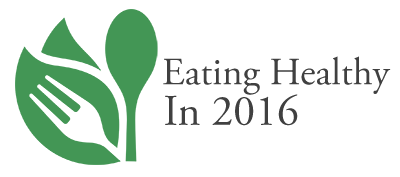
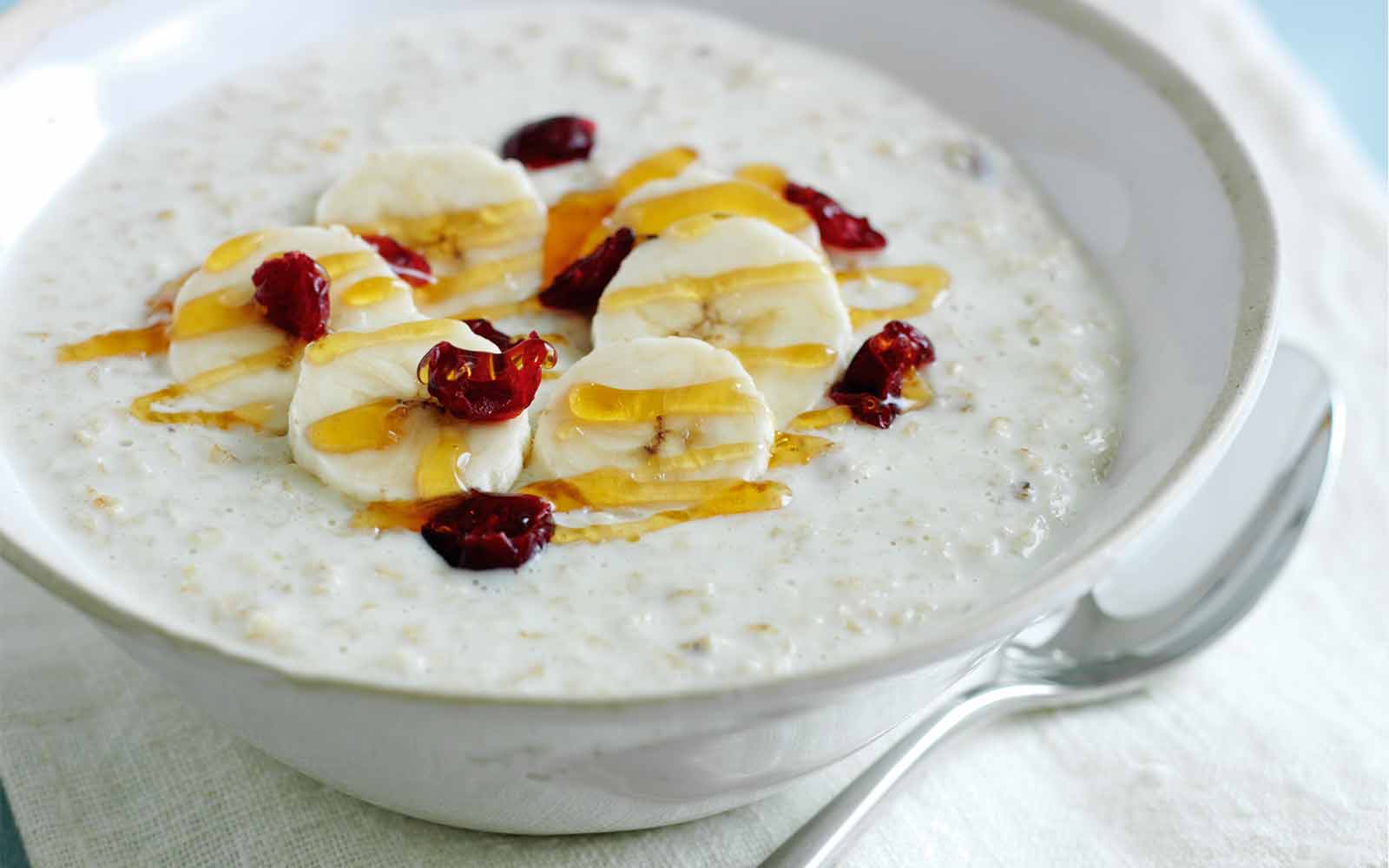
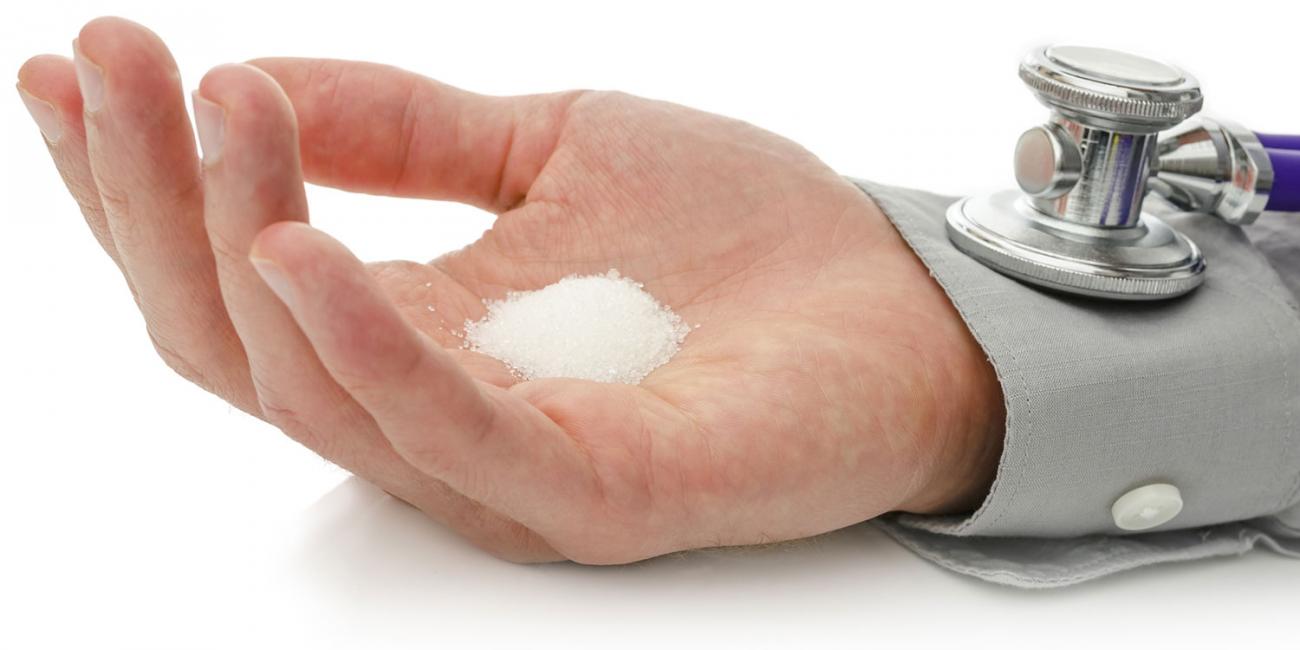


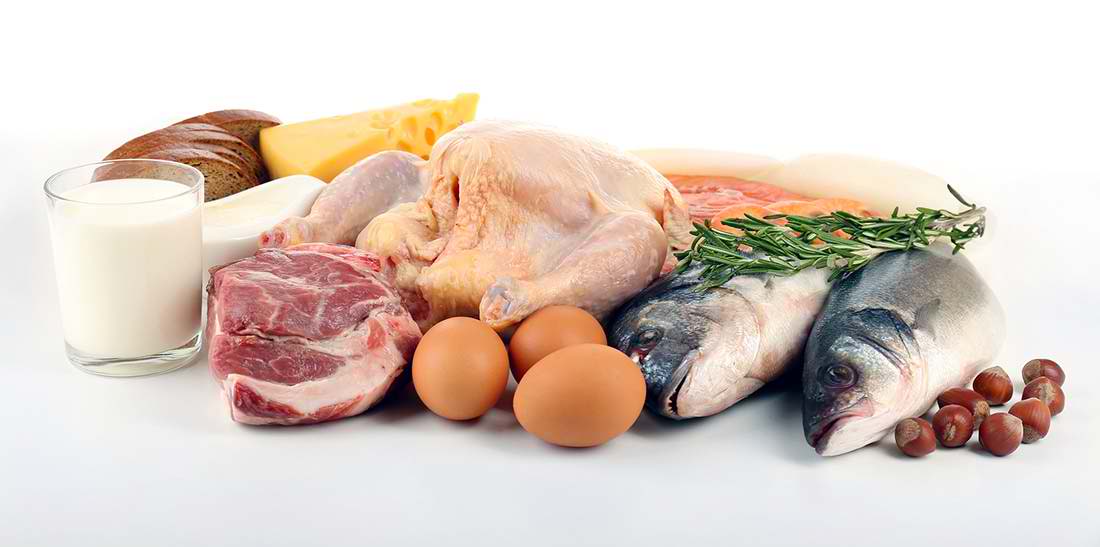
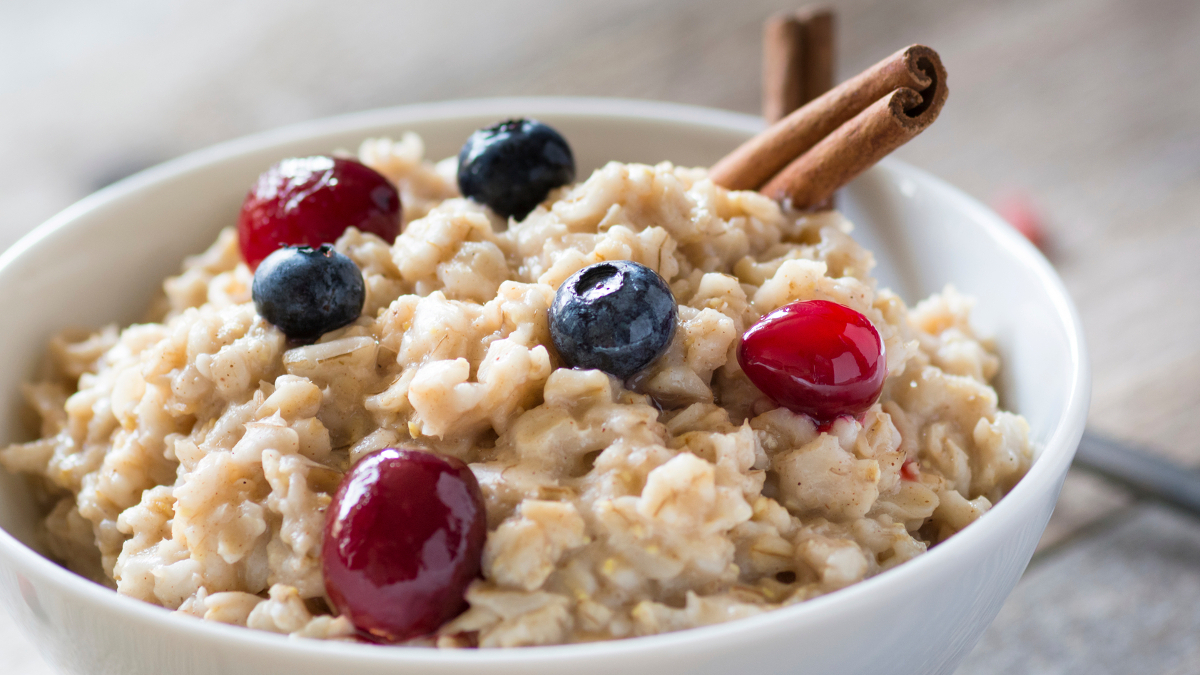
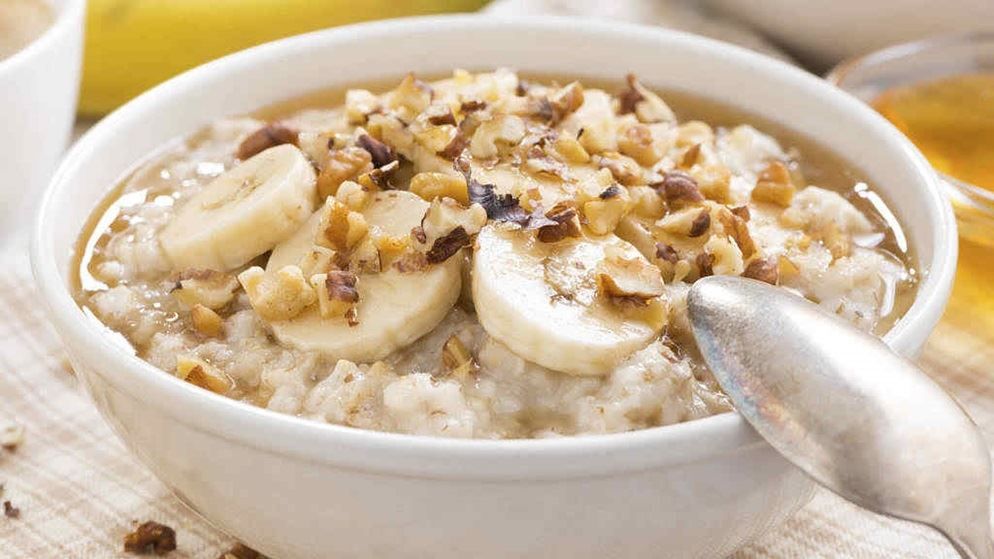
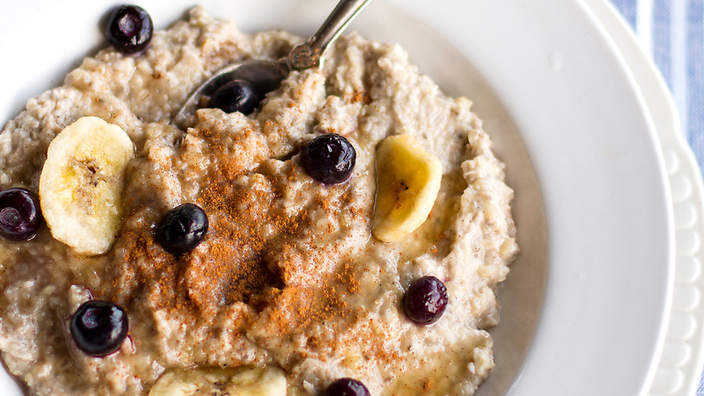
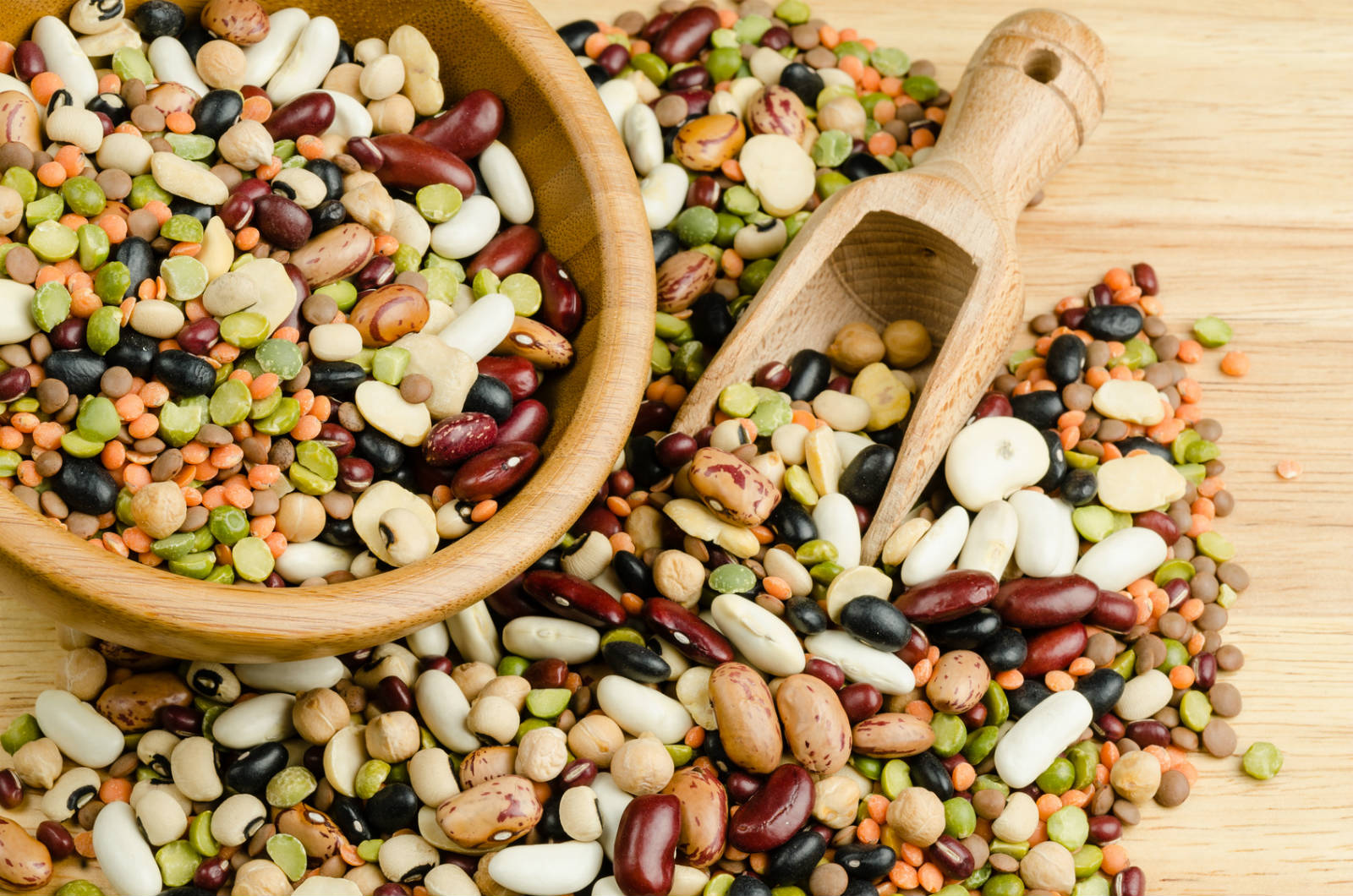
 Some of the reasons that have contributed to people believing that carbs are bad, include the availability of processed foods on the market today. Fast food joints and factory manufactured foods contain high amounts of processed carbs that are easy to digest. According to research, more than 68% of processed carbs are absorbed and converted into body fats, which shouldn’t be the case. High-quality carbs (from organic foods, whole grains, cereals, etc.) are made up of long-chain
Some of the reasons that have contributed to people believing that carbs are bad, include the availability of processed foods on the market today. Fast food joints and factory manufactured foods contain high amounts of processed carbs that are easy to digest. According to research, more than 68% of processed carbs are absorbed and converted into body fats, which shouldn’t be the case. High-quality carbs (from organic foods, whole grains, cereals, etc.) are made up of long-chain 